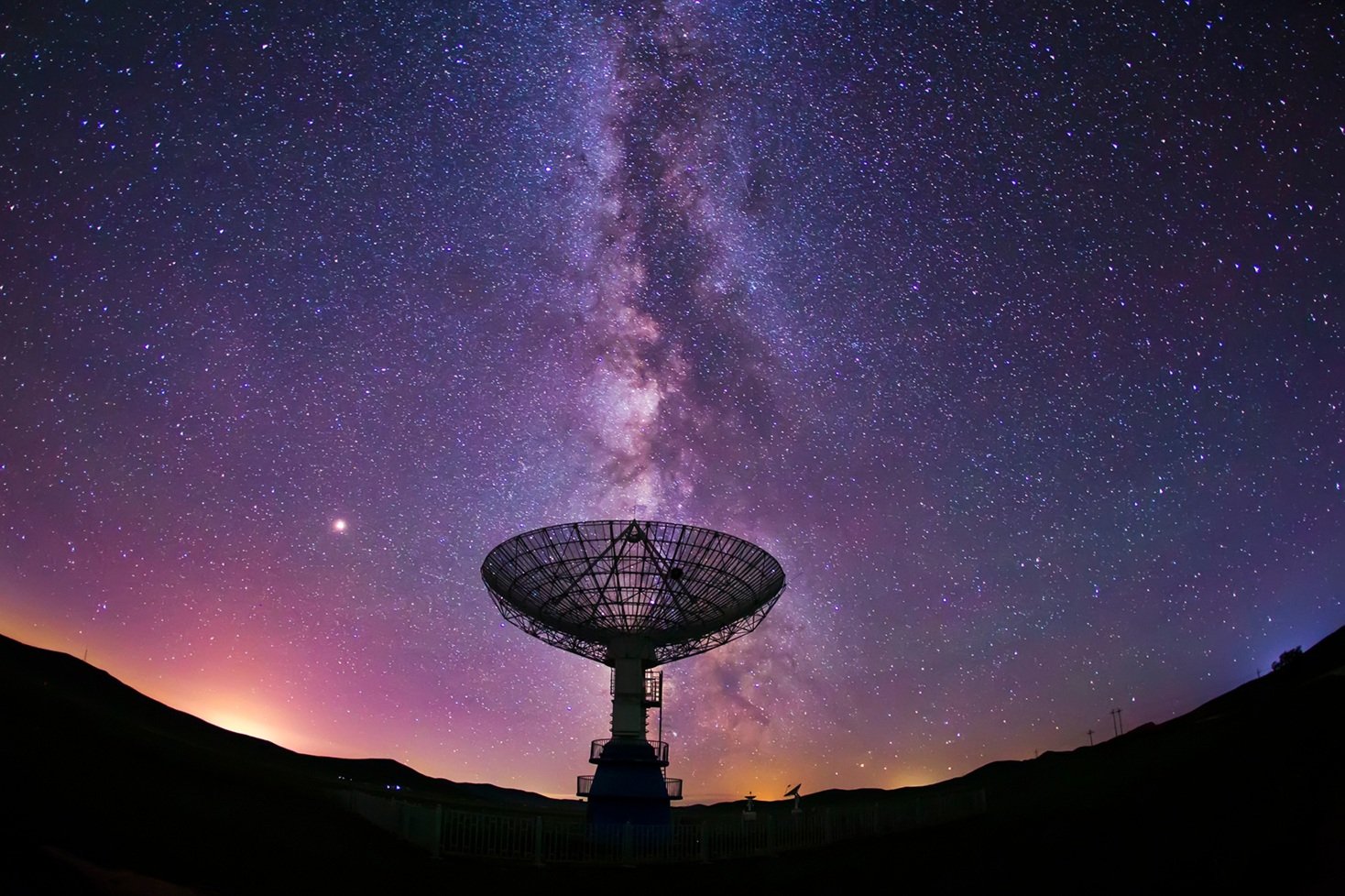Featured Articles:
Latest Articles:
Scientists have discovered that mountain ranges, where deep mantle rocks are exposed, may hold significant natural hydrogen resources, potentially offering a new route to cleaner energy.
The supermassive black hole in the heart of our galaxy appears busier than ever.
Ever wonder why some people vividly recall their dreams while others wake up with a blank slate? Researchers may have found the answer
Penn State researchers propose that intelligent life on Earth, and possibly elsewhere, may be more likely than previously thought.
Noise-cancelling headphones have become increasingly popular for people seeking peace and quiet, whether in a bustling office or on a noisy airplane. But how exactly do they work, and can using them be bad for your brain?
Astronomers have discovered an intriguing, potentially habitable, super-earth not far from us in cosmic terms.
If the Universe Is Expanding, What Is It Expanding Into?
Eating more processed red meat increases the risk of cognitive decline and dementia, according to a study published in the peer-reviewed science journal Neurology.
Research shows that offering people a financial incentive is effective in helping them quit smoking and remain smoke-free over time.
Italian researchers have discovered that using a nasal spray to inhibit a specific brain enzyme can counteract the cognitive decline associated with Alzheimer's disease.
Research suggests that, if all Americans over 40 matched the physical activity levels of the top 25%, they could live 5 years longer on average, while the least active 25% could gain nearly 11 years with equivalent effort.
Daytime sleepiness and lack of enthusiasm linked to higher risk of pre-dementia syndrome, research suggests
Bio-based materials intended to replace traditional plastics might actually pose a greater health risk to some of the planet's most crucial species than plastics themselves.
Scientists investigated whether allowing students to take short, controlled phone breaks can improve focus and classroom performance.
Astronomers have just discovered the largest black hole jets ever observed, stretching an incredible 23 million light-years across space.
Researchers at the University of California, Berkeley have developed a very smart process that has to potential to close the loop on plastic waste.
Historically, the real colours of Neptune and Uranus were misrepresented due to the limitations of imaging technology. Recent advancements have allowed scientists to revisit these celestial bodies with new tools.
Scientists studied the effects of 'catch-up' sleep on the heart during the weekend and uncovered some intriguing insights. In this article, we discuss their findings
Why did our brains evolve to produce the experience of consciousness? New research suggests that instead of just aiding individual survival, consciousness may have developed to enhance our social connections and collective well-being.
It turns out that constantly switching between online videos can actually make us more bored and less satisfied with the content we're consuming. In this article, we will go over why.
New research by the universities of Exeter and Oxford suggests that concentrating on just one objective when restoring forests can be a potential pitfall. In this article we will briefly go over why that is the case.
For decades, scientists have puzzled over how a faint atmosphere persists on our moon and what sustains it. Recent research might finally provide the answers
Researchers at NYU Langone Health have demonstrated that artificial intelligence (AI) can generate explanations of heart test results that are accurate, relevant, and easy for patients to understand. AI-based cardiology reports promise to reduce patient anxiety and lighten the workload for doctors and other medical personnel.
Astronomers have discovered an exoplanet, TIC 241249530 b, that is currently undergoing a dramatic transformation from a cold, distant world into a scorching hot Jupiter, offering new insights into planetary evolution.
Omega Centauri, a seemingly ordinary star cluster of roughly ten million stars, reveals a missing link.
A research team at Johns Hopkins University discovered that an exoplanet, notorious for its extreme weather, has a surprising feature—it smells like rotten eggs. Interestingly, the presence of this foul odour is more than just a curious fact.
Scientists discovered something amazing about fungi: they can maintain cooler temperatures than their surroundings
Research reveals that irregular sleep patterns can significantly increase the risk of high blood pressure
Research indicates that drinking alcohol while flying, especially on long-haul flights, may pose a risk to passengers' heart health.
Research sheds light on the dramatic impact of climate change on global agriculture.
If you enjoy our selection of content please consider following Universal-Sci on social media:
















